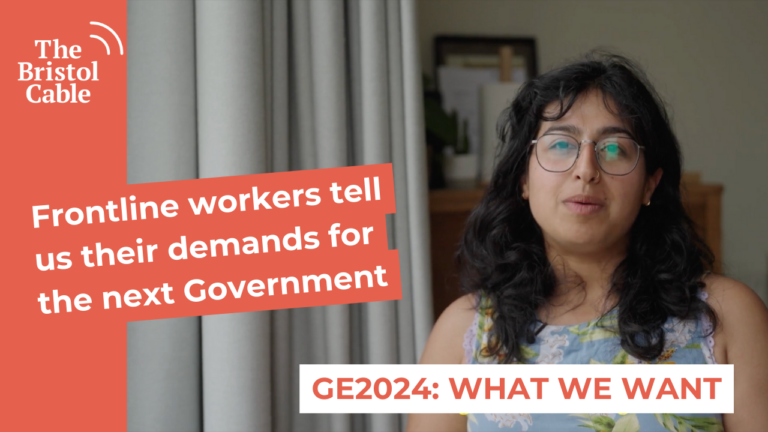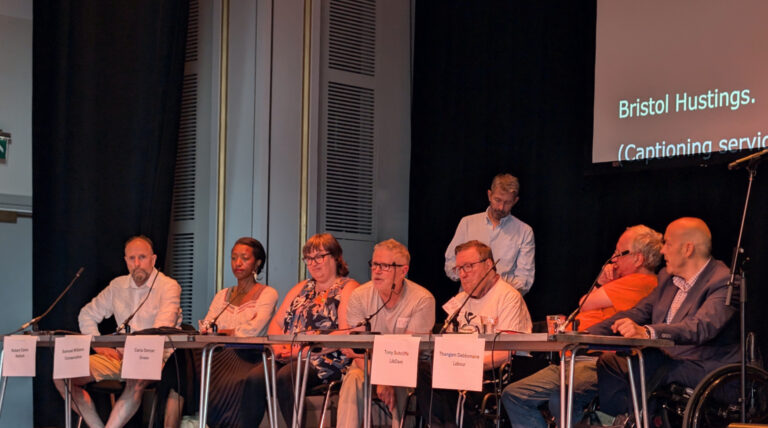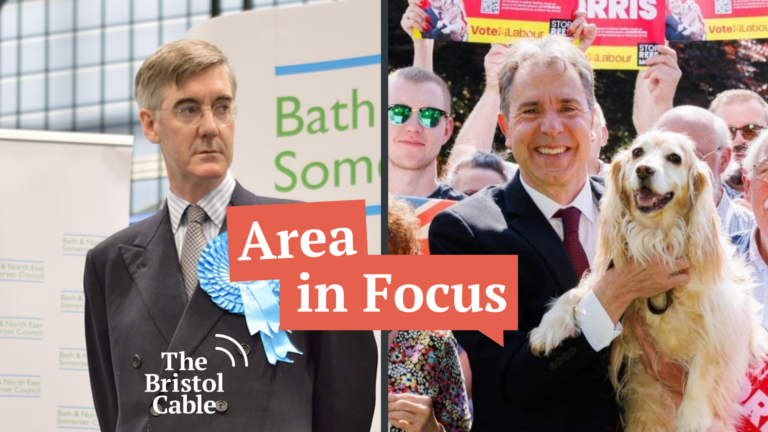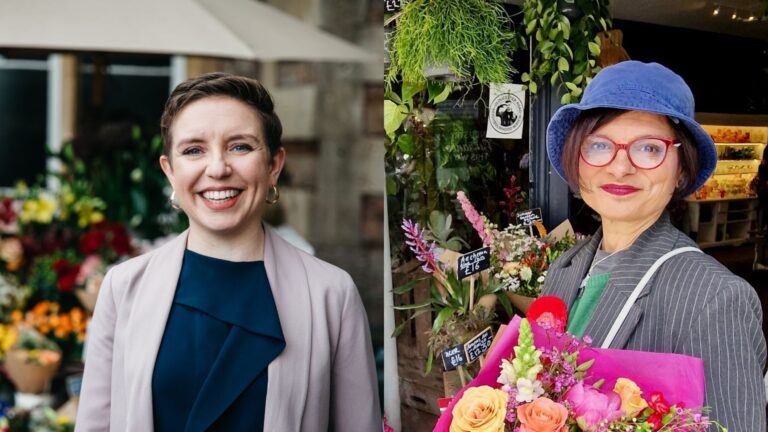#GE2024: What do party manifestos say about media?

No matter if your view of the UK media is generally positive or negative, it’s rare to find anyone who doesn’t believe there is a need for reform, either small or significant.
Yet, from the main political parties’ 2024 manifestos, you’d be forgiven for not knowing there was a need at all. Commitments to change for the media industry are few and far between.
Journalism is a crucial issue on which public health and democracy rely, but independent journalism receives no statutory funding even as the industry continues to face an ‘extinction event’.
If you’re still undecided, and you want to take the future of UK journalism into account when considering your options on 4 July, here’s a whistlestop tour of what each manifesto says about the media.
Conservatives
The Tories make no mention of journalism in their manifesto, but they do include a couple of light mentions for wider media issues. They mention the need to protect children on social media, and reform BBC processes, with the lengthiest mention of specific action:
From next year, our Online Safety Act will make it a legal requirement for social media firms to protect children from illegal or harmful content online. This includes fining social media companies who shirk their responsibilities to keep children safe.
They also say they’ll consider banning mobile phones during the school day, further parental controls for social media, introducing a new complaints process for the BBC and supporting the BBC World Service (but not what that ‘support’ will be).
Find the Conservatives’ full manifesto here.
Green Party
The Greens avoid platitudes about ‘media freedom’ or to which ‘side’ the BBC is biased, and focus on the political economy of the media – that is, how the economics of the media determine the way it is run.
While the reference to media action is short, they do have a specific section for it and two fairly radical policies. They’ve claimed they’ll push to implement the findings of the Leveson (phone hacking) Inquiry, which the government neglected to do before axeing the second part in 2018 (which would’ve examined the relationship between journalists and the police – I digress).
The Greens say the “dominance of billionaire and big-tech ownership” undermines democracy and promotes harmful online content, and that to remedy this any elected MPs would fight for:
- A change in the law so that no single individual or company can own more than 20% of any media market.
- All the reforms proposed in the second part of the 2012 Leveson Report.
Find the Greens’ full manifesto here.
Labour
There is little consideration in the Labour manifesto where the media is concerned.
But, interestingly, the one mention for the media industry in Labour’s manifesto appears in the section “Build an NHS fit for the future”. This might at first seem like a mistake but, in my opinion, it’s well placed: within the ‘public health’ chapter.
Given how little mention the media receives, it’s a relief to hear a political party considering it a public health issue:
Labour will build on the Online Safety Act, bringing forward provisions as quickly as possible, and explore further measures to keep everyone safe online, particularly when using social media.
Find Labour’s full manifesto here.
Lib Dems
The Lib Dems appear to have the most extensive nod to media policy in their manifesto, including – shocker – the revival of Leveson part 2. Once Ed Davey is finished injecting capital into the country’s theme parks, the Lib Dems want to:
- Support independent, Leveson-compliant regulation to ensure privacy, quality, diversity and choice in both print and online media, and proceed with Part Two of the Leveson Inquiry.
- Pass a comprehensive ‘Anti-SLAPP Law’ to provide robust protection for free speech, whistleblowers and media scrutiny against Strategic Lawsuits Against Public Participation.
- Support the BBC both to provide impartial news and information, and to take a leading role in increasing media literacy and educating all generations in tackling the impact of fake news.
Find the Lib Dems’ full manifesto here.
Meanwhile, the Cable, and our colleagues nationwide, are working away in the background lobbying for real, significant change in media policy. And no matter which MPs the Bristol constituents end up electing, we will be continuing to hold them to account.
You can support us to keep doing our work by becoming a member or a Patron.
P.S. We’re getting closer to achieving our membership target (deadline Aug 31)! There’s never been a better time to #JoinTheCable.















Report a comment. Comments are moderated according to our Comment Policy.